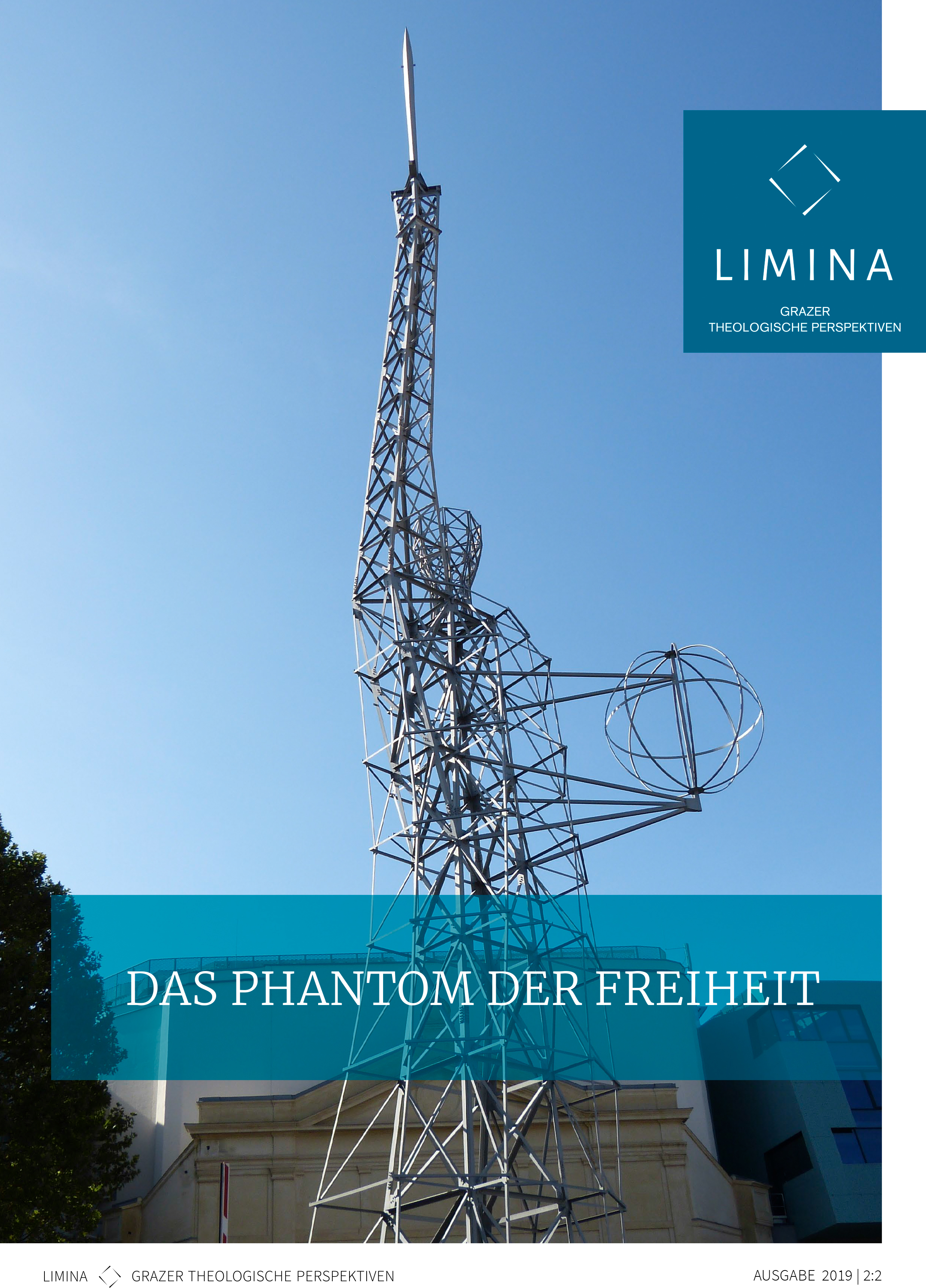How trade protectionism returned to the political spotlight and economic freedom disappeared into the shadows And what the new economic theory tells us
Main Article Content
Abstract
Since 2018 the US unilaterally introduced tariffs on goods and services from abroad, in particular from China. Why did the electorate of the world’s leading economic power vote for a politician as president who expressly advocates trade protectionism? Why did US voters sacrifice the economic liberty to buy cheap foreign goods instead of expensive domestic products in exchange for an uncertain promise to make American industry great again? Has autonomous free trade become a spectre Donald J. Trump can protect from? This article answers these questions based on the latest work of globally leading economists: Protectionism against foreign trade has returned to political power in the United States because those that were unable to keep up with market globalisation were unable to find compensation. White middle-class men from struggling industrial regions could blame their insecurities on people of colour and foreigners. Almost half of the US electorate feels disconnected from the country as a whole and only identifies with their own social class. And because voters who supported free trade turned to nationalism and social conservatism in the wake of China becoming a member of the WTO. However, according to an economic-liberal interpretation of natural law, economic freedom does not have to become a villain conservatives have to be afraid of.
Article Details
The author(s) retain copyright without any restriction.
LIMINA provides immediately upon publication open access to its content. The content of this journal is licensed under the Creative Commons Attribution 4.0 International Licence. By submitting a contribution, the author(s) agree(s) to the terms of use of the CC BY licence.

